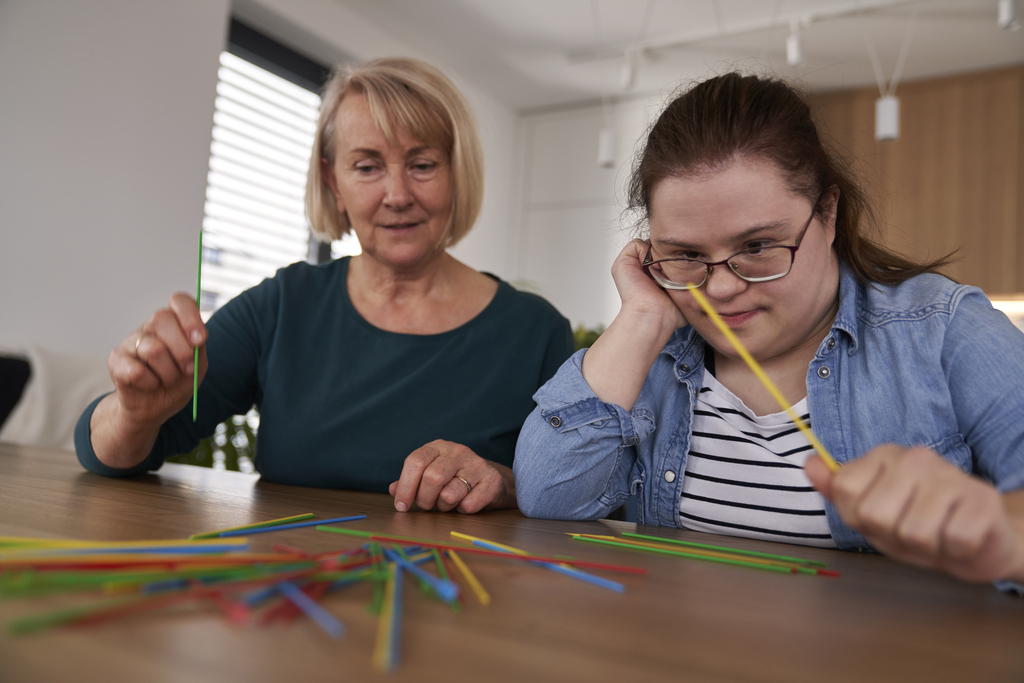What Home Care Entails
Home care, often referred to as domiciliary care, involves support provided in a person’s own home. This type of care is ideal for people who prefer to stay in their familiar surroundings while receiving assistance with day-to-day tasks like preparing meals, collecting shopping, and personal care such as washing or dressing. Homecare agencies employ trained carers who visit regularly, and homecare services are designed to be flexible, adapting to the person’s specific needs.
In some cases, home care can provide specialist nursing care, including support for specific health conditions such as stroke or dementia. Many people choose this option as it allows them to remain in their own homes while receiving the additional support they need. Whether arranged through the local council, homecare agencies, or privately, home care offers a wide range of services tailored to individual needs, ensuring that people can continue to lead fulfilling lives in a comfortable and familiar setting.
When to Get Home Care Assistance
Deciding when to seek home care assistance often depends on a person’s ability to manage daily tasks. If you or a loved one finds it challenging to handle essential activities like walking or getting around, preparing meals, or personal hygiene, it may be time to consider hiring a paid carer. People with specific health conditions such as stroke, dementia, or mobility challenges often benefit from home care, as it provides tailored support while allowing them to remain in their own homes.
Home care can be particularly useful after a hospital stay or during recovery periods. For instance, a carer can temporarily offer help for just a few weeks while you recover. Whether it’s specialist nursing care or simple assistance with daily routines, home care can significantly improve quality of life and help people stay in the comfort of their homes.

Assessing the Level of Care Required
Before arranging home care, it’s essential to understand the level of support needed. This begins with a needs assessment, typically provided by your local authority. During the assessment, a professional evaluates your ability to manage day-to-day tasks like personal care, preparing meals, and getting around. They’ll also consider any health conditions or mobility challenges. This process helps determine whether you require regular visits from a carer, benefit from a live-in carer, or even specialist nursing care for more complex support.
If you decide to choose a paid carer or receive care through a home care agency, understanding the required level of care ensures you receive the right support. For some people, occasional help once or twice a week may be sufficient, while others may need more continuous care. A financial assessment may also be conducted to determine whether the local council can help cover the costs or if you’ll need to contribute to the cost of your care.
Choosing the Right Home Care Provider
Selecting the right home care provider is crucial to ensuring quality care that meets your needs. Whether you’re considering a homecare agency or a private carer, it’s important to research and find a service that fits your specific requirements. Homecare agencies employ trained carers who are often registered with the Care Quality Commission (CQC), ensuring that they meet national standards of care. When evaluating agencies, ask about their experience with specific needs, such as nursing care, including stroke or dementia, and inquire about how flexible they are with homecare services, as your needs may change over time.
It’s also important to consider family members’ recommendations, use a homecare agency directory, and seek advice from your local council on reputable providers. Look for agencies that offer personalised care plans and ensure that their carers are not only trained but also able to provide compassionate and respectful support. Taking the time to find a local agency that fits your care preferences can make a huge difference to your life.
Establishing a Care Plan
Once you’ve chosen a home care provider, the next step is establishing a personalised care plan that outlines the support you or your loved one will receive. A care plan is tailored to specific needs, considering social and emotional challenges and preferences for daily tasks like preparing meals, personal care, or getting around. This ensures that care aligns with medical and personal needs, allowing people to be in charge of their own homecare and support.
Your local authority or homecare agency will work closely with you to develop this plan, ensuring that all necessary services are covered. Regular reviews of the plan may also be arranged to adapt the level of care as needs change. Whether the carer visits a few times a week or offers live-in care, having a clear care plan ensures continuity and quality of care, making a significant difference in daily life.
Focusing on the Positive Outcomes
Choosing home care can lead to numerous positive outcomes, both for the individual receiving care and their family members. With the support of a carer trained to manage day-to-day tasks and provide specialist care when needed, people can continue living in their homes with greater independence and comfort. This personalised approach to care helps maintain a sense of familiarity and routine, which is especially beneficial for people living with physical disabilities or dementia. The flexibility of homecare services ensures that the care can adapt to the person’s evolving needs, improving their overall well-being.
Additionally, homecare or domiciliary care can significantly reduce the impact on family members who may otherwise be struggling to provide full-time support. By having professional carers in place, families can rest assured that their loved ones are receiving high-quality care, allowing them to focus on spending meaningful time together. In many cases, home care enables people to avoid moving into residential care or a nursing home, providing a sense of autonomy and allowing them to live their lives more fully in familiar surroundings.
Get Home Care Assistance with Nurseline Community Services
Unique Community Services provides person-centred support for people with mental health needs. We tailor our services to the needs and preferences of the people we serve and encourage people to live more independent and fulfilled lives.
Our team delivers proactive and holistic services and prioritises compassion, dedication, and reliability, ensuring exceptional support for people experiencing challenges with their mental health.
The care and support we provide are recognised by the Care Quality Commission (CQC), the UK’s independent health and social care regulator.
Contact our expert team today for more information about our home care services.




